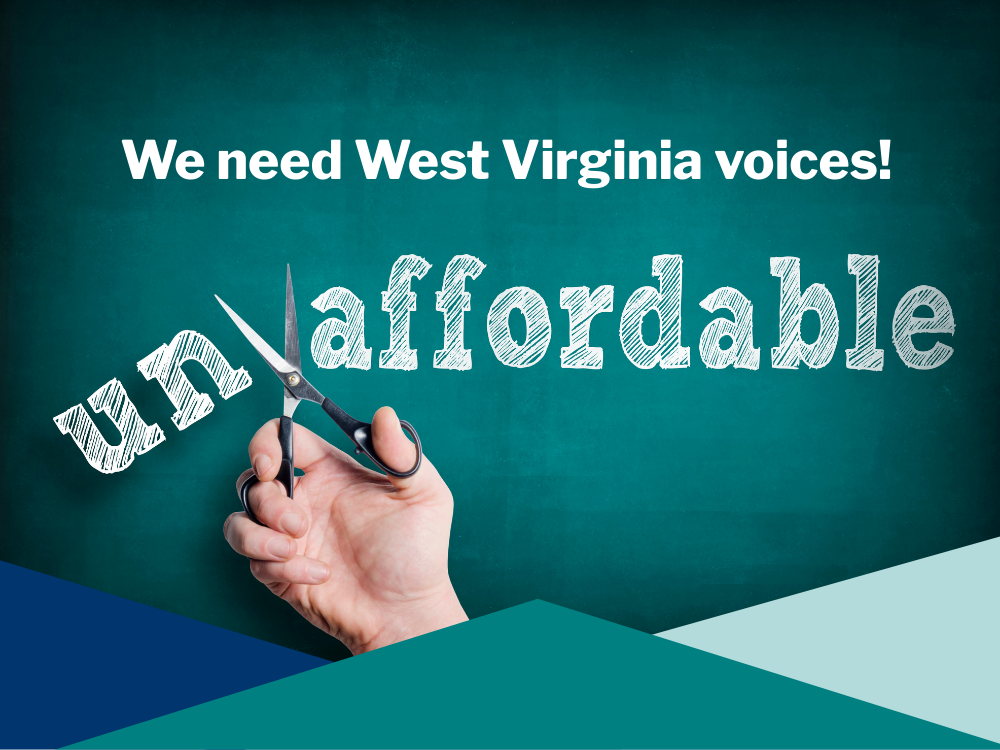- Like
- Digg
- Del
- Tumblr
- VKontakte
- Buffer
- Love This
- Odnoklassniki
- Meneame
- Blogger
- Amazon
- Yahoo Mail
- Gmail
- AOL
- Newsvine
- HackerNews
- Evernote
- MySpace
- Mail.ru
- Viadeo
- Line
- Comments
- Yummly
- SMS
- Viber
- Telegram
- Subscribe
- Skype
- Facebook Messenger
- Kakao
- LiveJournal
- Yammer
- Edgar
- Fintel
- Mix
- Instapaper
- Copy Link
By Tyler Cannon, Climate Alliance Coordinator
We have always been on the frontlines of environmental and public health crises in West Virginia. From the perforation of our landscape from oil and gas extraction over the past 160 years to the rapid development of the coal industry over the past 140 years, our water sources, air, and health have consistently borne the cost of this “progress.” As a result, we’ve also seen a middle class emergence and gradual erasure here. The prospect of economic stability for our families keeps these industries afloat.
The Climate Crisis: A New Frontline, A Shared Battle
These frontlines remain and have taken on a new form. In the current age of the climate crisis, people around the globe now share the frontlines. As we batten down the hatches in the fight for climate justice on the precipice of mass extinction, those of us willing to accept the facts understand we are fighting for the survival of our world.
Over the years, we have seen an unsustainable, incremental rate of change in public discourse around climate change in the United States. There is a narrative that has grown from refusal to acknowledge the occurrence of climate change to climate change is real but not a risk, to climate change is real and a risk but has nothing to do with human development, and, finally, to maybe we do have something to do with climate change, but it would be happening regardless of any action we took as a society. Science proves that climate change is accelerating exponentially due to our industrialized society.
We are left with the question: What can we do with a government, regardless of party, that refuses to take meaningful action on climate change? Couple this with perhaps a more troubling question: What can we do to take action on climate change when corporate media and establishment politicians have effectively convinced so much of the public that it is not our responsibility?
The Call to Action: Organizing for Climate Justice
The answer is quite clear. Organize. Build a base. Meet our neighbors where they are. This methodology for achieving long-term social change is revolutionary and can, applied at scale, change the world. A prerequisite for this theory of change is that we love one another and our planet enough to connect across differences. As the great organizer and leader Myles Horton said, “You can’t be a revolutionary, you can’t want to change society if you don’t love people, there’s no point in it.”
Easier said or written than done, sure. We start by trying. We begin by rejecting the notion that blood defines a family. We heal our wounds to do as little harm to our co-conspirators as possible. We must unlearn the toxic parts of our enculturation. We must be willing to try and fail and try again and be willing to help our neighbors do the same. We must embody, every day, that our neighbors are our kin. We must heed our elders’ wisdom and center our young people’s energy. Here at West Virginia Citizen Action, we are living out this theory of change. Join us. The time to act is now.



